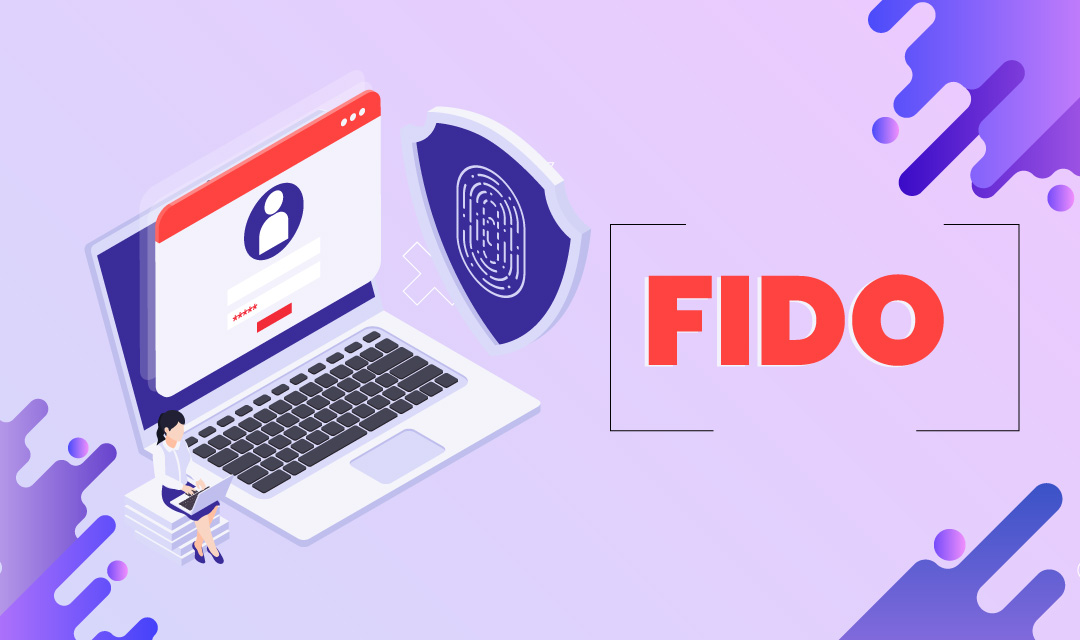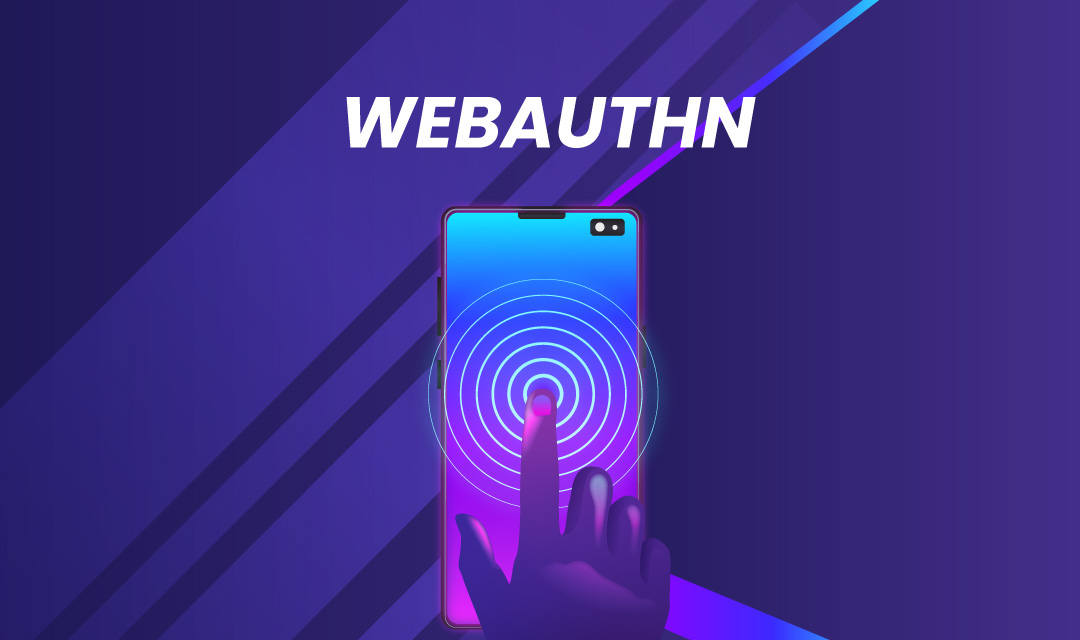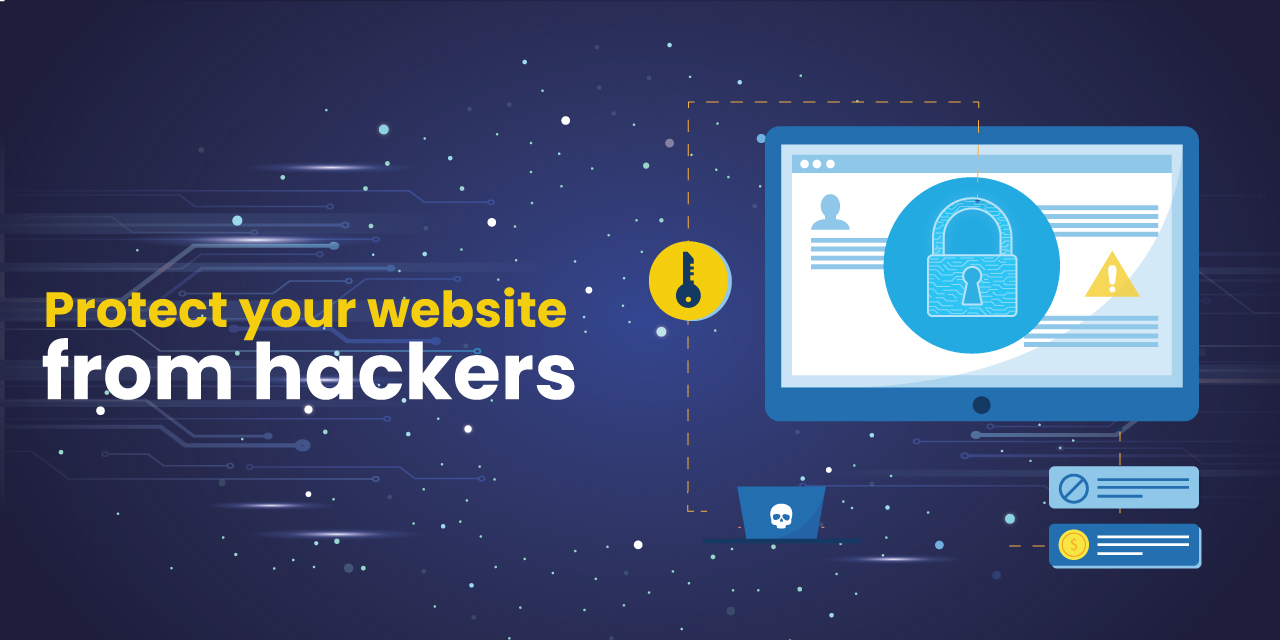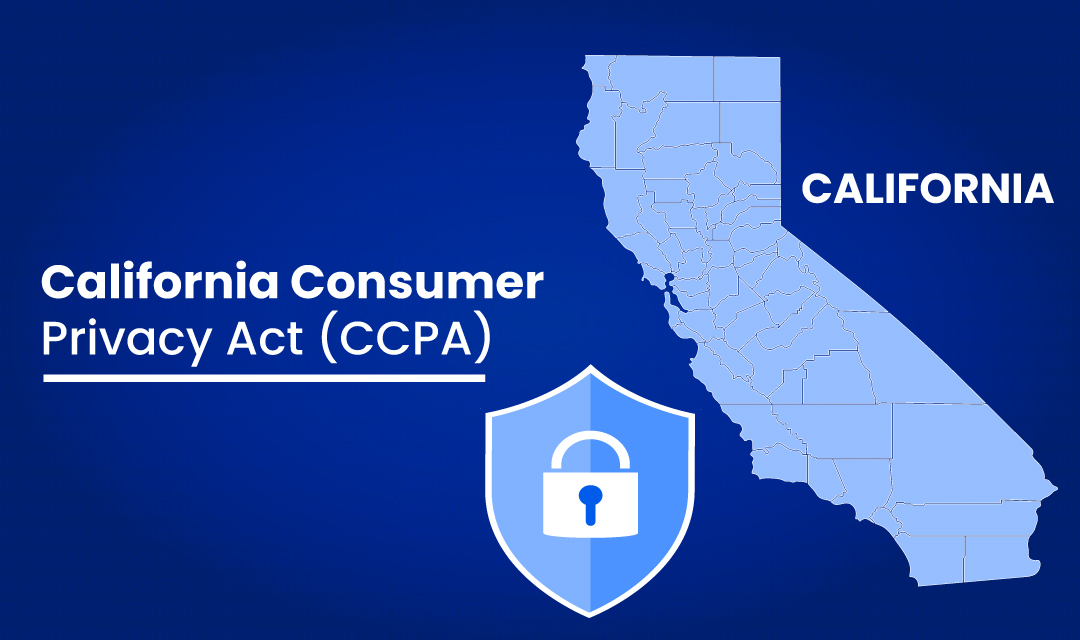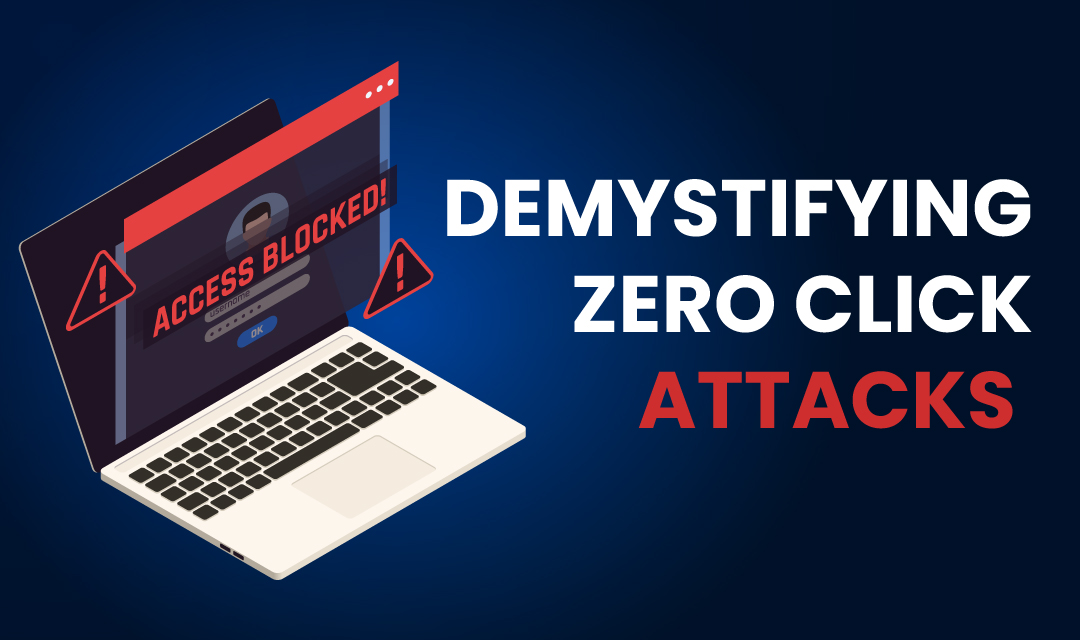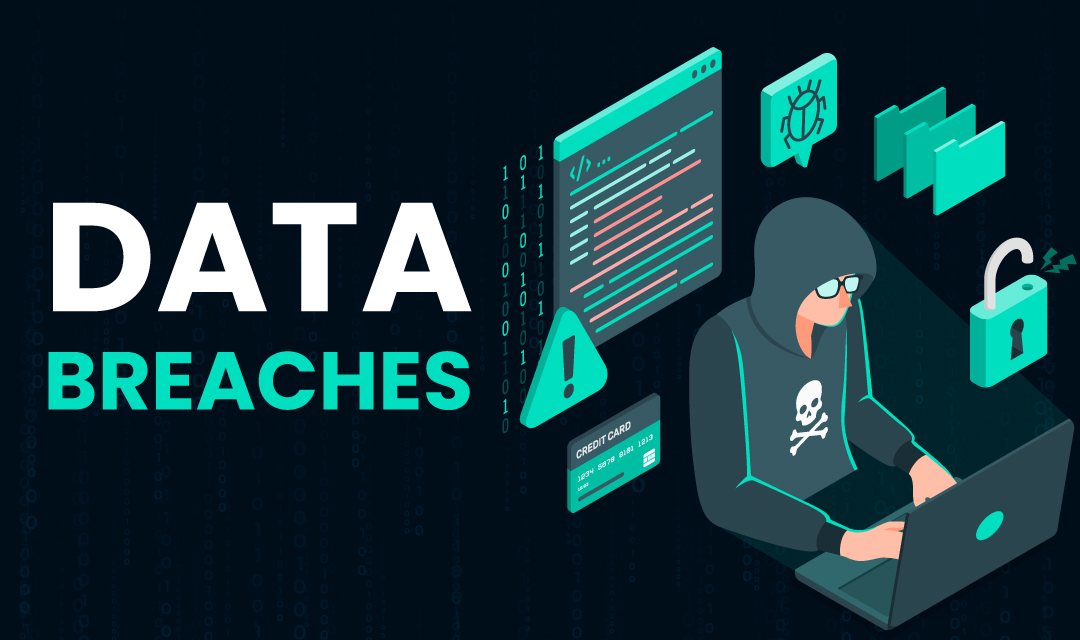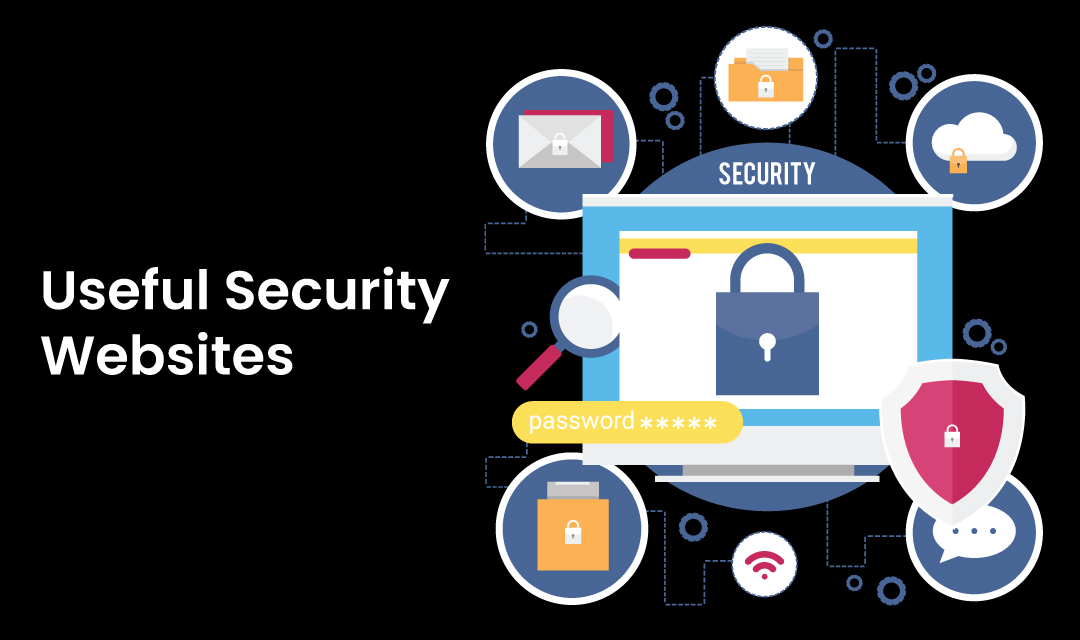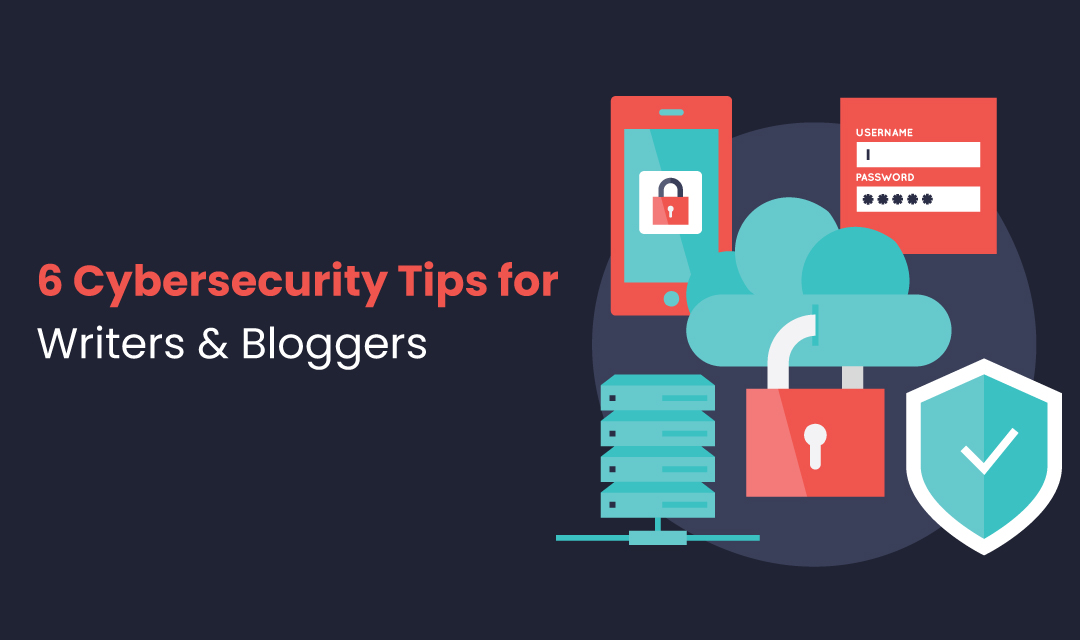
Cybersecurity studies say that around 30,000 websites are hacked every day.
Many hackers break into websites without their owners realizing the issue, so it might take months before the breach is detected. At that point, making repairs is way too late.
The best protection is prevention, and this rule applies to cybersecurity. To keep a blog or author website safe from hackers, writers need to follow the best practices of cybersecurity.


